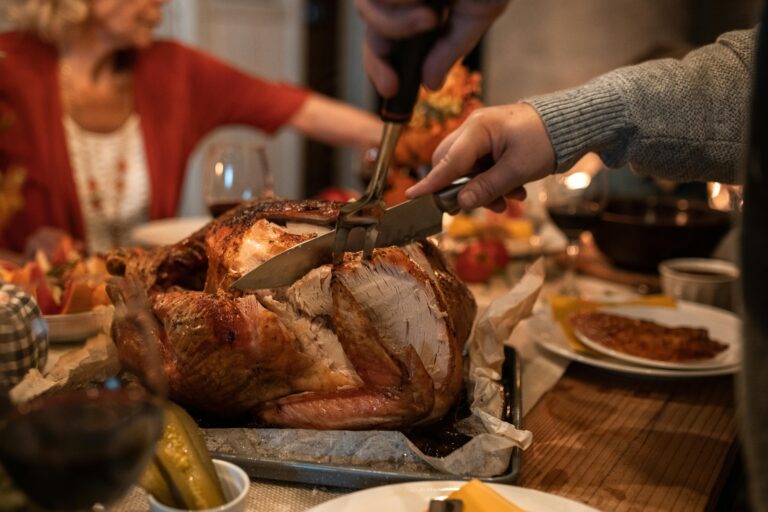I’m worried about my partner’s kids but I don’t want to overstep. Do I speak up or just keep it to myself?
Reading Time: 3 minutes
Share:
Dear Grace,
How do I help my partner to realize he’s giving his teenager too much freedom? He has two daughters and seems to have decided to stop parenting, just letting the older, 15 year old do whatever she wants and make decisions for her younger sister. She’s basically raising her younger sister and it’s not safe or healthy. He didn’t even stop her recently when she went to school in spite of threats that there was going to be a shooting. I am afraid if he doesn’t step up, both girls will end up lost.
– Confounded in Carbondale
Dear Confounded,
It warms my heart to hear your concern for these young women. They’re very lucky to have a ‘bonus’ grown-up in their corner during what can be a very challenging time for teens.
But even with the best of intentions, trying to discuss someone else’s children or parenting style can be a minefield—especially when you’re dating the parent in question. However, I think you’re right to take action. This sounds like a serious situation that needs to be addressed before it gets worse. So here are some suggestions for how to voice your worries and help your partner to find solutions that keep his daughters safe—without jeopardizing your relationship.
Use “I” Statements. When we feel attacked or defensive, it’s hard to be open to others’ concerns. To keep your conversation productive, try sharing your feelings using “I” statements. For example, instead of beginning with, “Why did you do this” and implying that he’s doing something wrong, you can say, “I feel worried for the girls’ safety when I see [enter the specific behavior here].” This way you’re presenting the issue as something you can address together, not as something he needs to change about himself.
Focus on Safety. You both want the same thing: to see the girls safe. It’s important to frame the conversation in terms of their well-being and your love for them. Perhaps share some difficult experiences of your own as a woman, so that he understands his daughters may be facing different issues than he faced growing up as a young man. It’s entirely possible he sees the situation as allowing his daughters independence—which is very important for both parent and child—but hasn’t grasped the need for certain boundaries in doing so. Raising teens who grow into capable and confident adults is a delicate dance between allowing them opportunities to make decisions—and sometimes mistakes—while also recognizing when they’re actually at risk. A conversation about these nuances between the two of you will hopefully lead to deeper conversations with his daughters, too.
Offer support. Single-parenthood is hard. Even if he is co-parenting with the girls’ mother, the dynamics can be complicated, and bring their own set of challenges. Acknowledge that you know he’s doing his best and how much he loves his daughters. Tell him you’d like to be there for him and the girls. At the end of the day, as the dad, your partner makes the final call, and finding ways that you can support may be the best way that you can show up for his girls. Offer a few specific ways in which you could help, or ask him what you can do to make things easier. Together you can find a way to support him that feels right for the both of you.
Show up for the girls. Just reading your question, I’m not sure what your relationship is like with either of the two girls, but one of the greatest things you can do for them is show up as a caring grown-up. This isn’t about undermining her dad, it’s just a chance for you to build a healthy relationship and show her that you’re a resource she can depend on. Find some time with the 15-year-old to talk and let her know that you’re there for her and available if she ever needs anything—advice, a listening ear, you name it.
Rest assured, Confounded, that these are issues that many parents (and stepparents) experience. You’re not going to agree on every parenting decision and things can get heated when discussing such a personal and important issue. But being respectful and honest will help to keep the emotion out of it, so that you can focus on the most important thing—the kids.
With Love,
Grace



